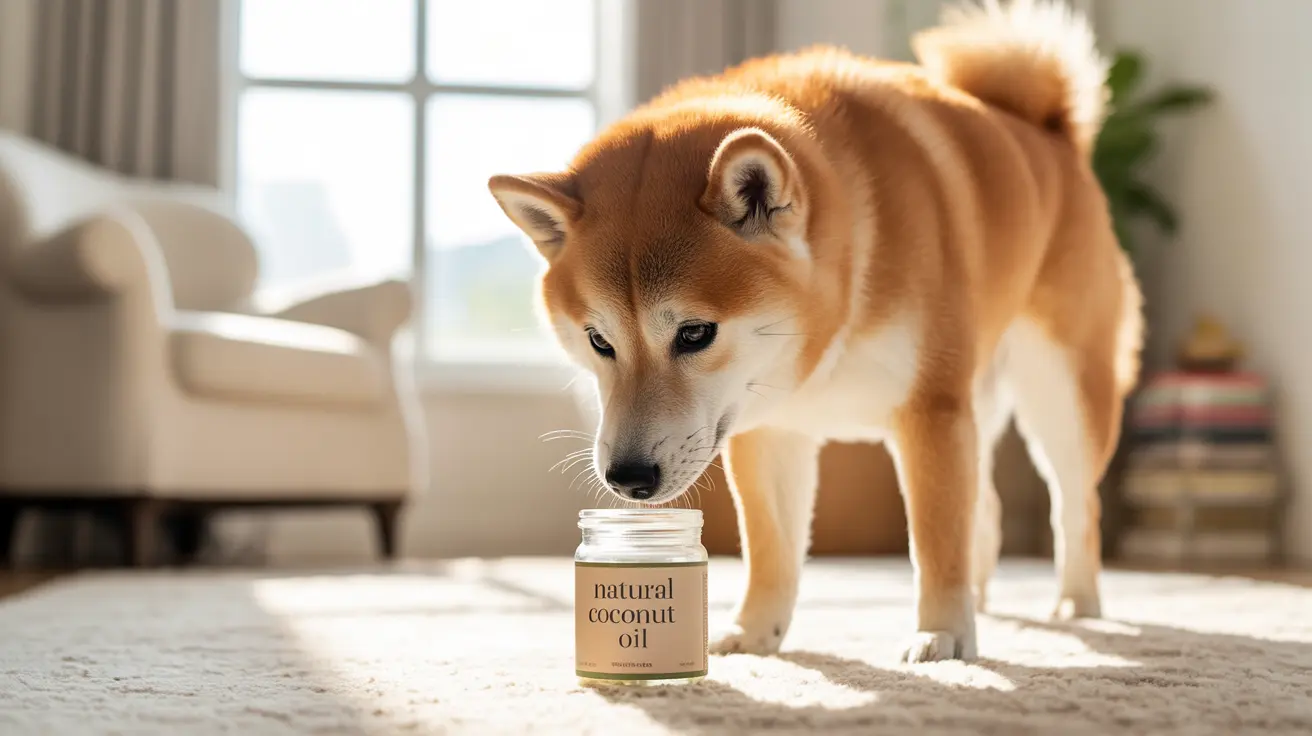Many pet owners wonder about using Vaseline on their dog's dry or cracked nose. While petroleum jelly isn't immediately toxic to dogs, veterinary experts generally advise against this common home remedy. Let's explore why Vaseline might not be the best choice for your furry friend's nose and what alternatives you should consider instead.
Understanding the risks and limitations of using Vaseline on your dog's nose is crucial for making informed decisions about your pet's care. This comprehensive guide will help you navigate the safety concerns and discover more effective solutions for maintaining your dog's nose health.
Understanding the Risks of Vaseline for Dogs
While Vaseline isn't inherently toxic to dogs in small amounts, several concerns make it a less-than-ideal choice for treating your dog's dry nose:
Digestive Issues
Dogs naturally lick their noses throughout the day. When Vaseline is applied, they're likely to ingest it, which can lead to stomach upset, diarrhea, and vomiting. Even small amounts consumed regularly can cause digestive problems over time.
Respiratory Concerns
A rare but serious condition called lipoid pneumonia can develop when petroleum products are repeatedly inhaled or ingested. This condition causes inflammation in the lungs and can result in concerning symptoms like coughing, difficulty breathing, and nasal discharge.
Why Your Dog's Nose Might Be Dry
Before reaching for any treatment, it's important to understand what's causing your dog's dry nose:
- Dehydration
- Weather conditions (extreme heat or cold)
- Allergies
- Environmental irritants
- Underlying health conditions
- Age-related changes
Safe Alternatives for Dog Nose Care
Commercial Dog-Specific Products
Several specially formulated products are designed specifically for canine nose care. These products typically contain natural ingredients that are safe if ingested and actually provide therapeutic benefits:
- Dog-specific nose balms
- Snout soother products
- Natural moisturizing treatments
Natural Options
Several natural alternatives are both safe and effective for treating your dog's dry nose:
- Coconut oil
- Shea butter
- Vitamin E oil
- Natural beeswax-based balms
When to See a Veterinarian
While some nose dryness is normal, certain symptoms warrant professional attention:
- Persistent cracking or bleeding
- Color changes in the nose
- Excessive crusting or scaling
- Signs of pain or discomfort
- Unusual discharge
- Changes in breathing patterns
Prevention Tips for a Healthy Dog Nose
Taking preventive measures can help maintain your dog's nose health:
- Ensure proper hydration
- Protect from extreme weather
- Use dog-safe sunscreen when needed
- Monitor for early signs of irritation
- Maintain regular veterinary check-ups
Frequently Asked Questions
Can I safely put Vaseline on my dog's dry or cracked nose?
No, while not immediately toxic, Vaseline isn't recommended for dogs' noses due to ingestion risks and potential respiratory complications. It's better to use products specifically formulated for dogs.
What are the risks of using petroleum jelly like Vaseline on a dog's nose?
Risks include digestive upset from ingestion, potential respiratory issues like lipoid pneumonia, and the possibility of trapping bacteria against the skin, which could lead to infections.
What are the best alternatives to Vaseline for moisturizing a dog's nose?
The best alternatives include dog-specific nose balms, natural coconut oil, shea butter, and specially formulated snout soother products designed for canine use.
How can I tell if my dog's dry nose needs veterinary attention?
Seek veterinary care if you notice persistent cracking, bleeding, discoloration, abnormal discharge, signs of pain, or if the dryness is accompanied by other concerning symptoms.
Why do dogs' noses get dry or cracked, and how can I prevent it?
Dogs' noses can become dry due to dehydration, weather conditions, allergies, or underlying health issues. Prevention includes maintaining proper hydration, protecting from extreme weather, and regular veterinary check-ups.
Remember, while a dry nose can be concerning, it's important to choose safe, appropriate treatments for your dog. When in doubt, always consult with your veterinarian before trying any new products on your pet's sensitive nose.






